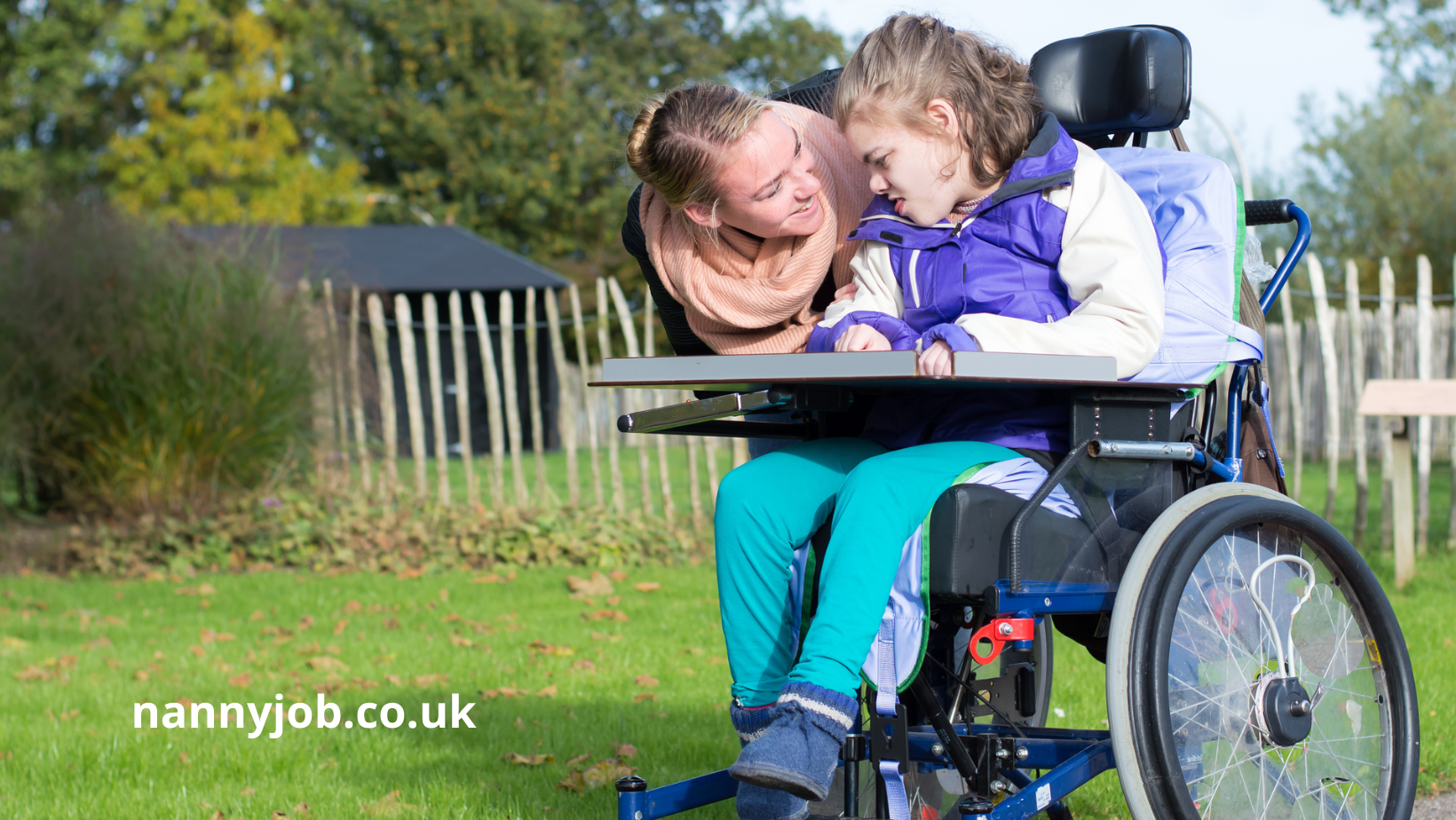During a full and rewarding career as a nanny, situations will inevitably arise that provide a real challenge to you, and as we all know, from day to day the job is always varied and can be very interesting!
One situation you may find yourself in is becoming a nanny for a child who has special needs or learning difficulties. This can be one of the most rewarding challenges you can face in your career, and making a difference to a child in this situation is something you’ll take with you, and ultimately give you job satisfaction.
Of course, each child is different in any situation, and special needs vary in severity, but here we have compiled some general helpful pointers:
- Clarity from parents Before you start, you’ll need to know as much as possible about the child, his current care plan, what makes him tick and what his limitations and frustrations are. The parents should provide this information before you start, but you’d be amazed at how many parents let you find things out for yourself. Ask for a comprehensive written care plan from them, and if you feel it necessary ask for time to chat to them every so often about how the care is going.
- Network If the needs of the child have already been picked up on and you are going into this role with knowledge that the child has special needs, It is very likely that you will be working alongside other professionals; speech, physio, and occupational therapists, teachers etc. It will make your life easier if you have contact with these professionals, so that you’re in the know about what care is already taking place, and they may be able to shed some light on anything particular to the child that will help your role.
- Build up trust Again, managing this all depends on the severity of the child’s needs, but (as with all children you nanny for) building up trust is vital if you are going to make it a long term, happy arrangement. Many children with special needs will need more time than usual to get a trusting relationship built up, and their frustrations can show before this happens, however over time you’ll hopefully find that you strike up a really good bond between you both, which will lead to a really satisfying role for you in the child’s life.
- Encourage capabilities One of the best ways of helping a child with special needs, is to make them feel capable. Getting a heads up from parents on capabilities and limitations is important, but as time goes on you will realise for yourself what these are. Providing developmentally appropriate activities that will help the child feel capable, whilst avoiding activities that can be done only a certain way is the best way to go about this.
At the end of the day, the most important thing is to not get phased, and to remember what you’re there for! No doubt you’re already a fairly experienced nanny, meaning you know a bit about how to get the best out of a child in your care, and have a proven track record in doing this. Don’t lose sight of this role, and don’t be phased by this new situation. A good nanny will be aware of a child with special needs’ limitations, but also help them reach their full potential. First and foremost the child you are looking after is a child. It is secondary that they have additional needs.
Be sure to let us know if you have any experience or feedback on this issue, via our Facebook page..


Wow this post is great! We are looking to hire a nanny for our ifannt (will start when he’s 3 months old). We don’t have a huge budget, so we may have to hire someone that doesn’t have too much ifannt experience- maybe 2+ years max, as a mom, part-time nanny or just as a daycare teacher. There are a few other candidates that I can see too, but they literally don’t have ifannt experience (they probably worked with 1-2 year old kids) so I am not sure I should waste the time to meet with them. What do you guys think?Is it crucial for someone to have ifannt experience even they may have had experience as being a nanny / daycare teacher? Would you prefer to have a nanny who has ifannt experience as a mother/nanny but no early childhood education background, or have a lot of nanny experience with toddlers, have an early childhood education background, but not too much with ifannts (maybe as a babysitter/daycare teacher/floater)? The last thing I want is to hire someone who just stares at my baby for 8 hours a day. (Because my cat can do that too)